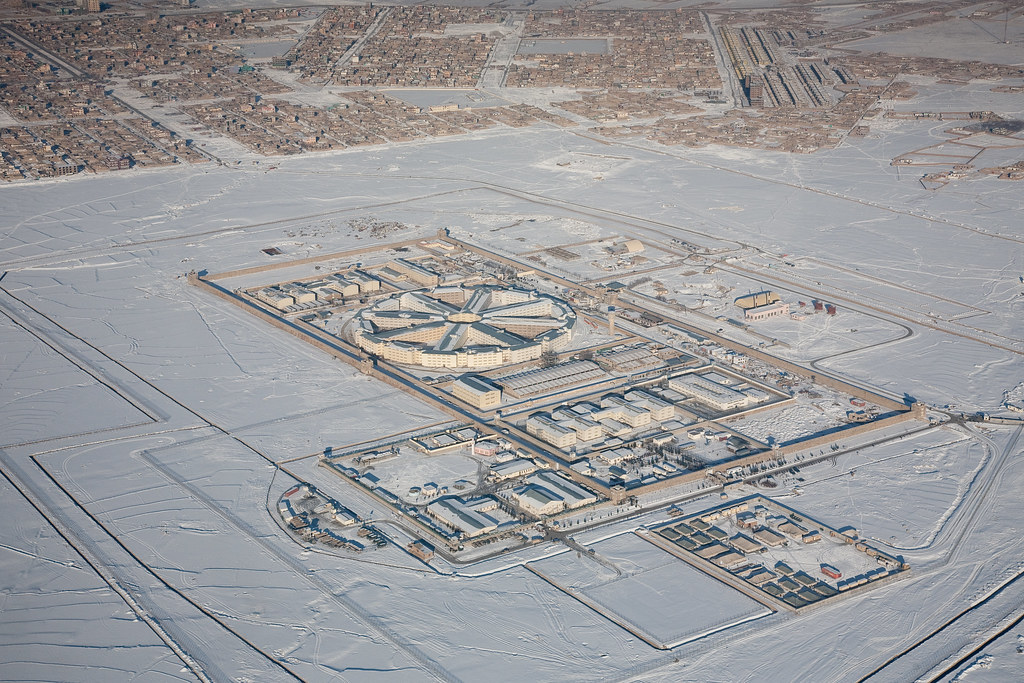 Pul-e-Charki Prison, Kabul, January 2012
Pul-e-Charki Prison, Kabul, January 2012
A 76-year-old Afghan man, Abdul Razaq Arief, accused of abusing political prisoners in the 1980s, is currently on trial at The Hague district court.
The Dutch court is trying Arief for war crimes, citing his role as commander and head of Political Affairs at the notorious Pul-e-Charkhi prison from 1983 - 1990 in Kabul.
Reportedly, opponents of Afghanistan's Soviet-backed regime were "held without fair trial in appalling conditions," in which prisoners had "no shower, no soap, no heating, [and] no warm water."
One witness detailed that prisoners were regularly tortured, "sometimes through electrocution, beatings or having their fingernails pulled out — and held in cramped and unsanitary conditions."
Arief stands charged with being an accessory to inhumane treatment and deprivation of liberty. If convicted, he faces a sentence of 20 years to life.
"We think it's very important that these war crimes — the most serious crimes existing — are eventually prosecuted no matter how long ago they were committed," prosecutor Mirijian Blom stated.
Arief told judges that this was a case of mistaken identity. The detainee, brought into the courtroom in a wheelchair, stated, "I am not the person you are looking for… I don't remember anything, not even my own name."
However, prosecutors are "convinced" they have the right person. They began investigating the case in 2012 after blogs tipped them off that Arief was living in the Netherlands under a false name. Since then, prosecutors and police have spoken to 25 witnesses worldwide.
The father of four moved to the Netherlands as a refugee in 2001 and was later arrested in his home in 2019. He has been jailed ever since.
Arief is tried under "universal jurisdiction." This is not the first time Dutch courts have tried war crimes committed in Afghanistan. In 2008, two high-ranking Afghanistan military intelligence service officers were found guilty of torture.
Read more here.
